Publications
Articles, publications, books, tools and multimedia features from the U.S. Institute of Peace provide the latest news, analysis, research findings, practitioner guides and reports, all related to the conflict zones and issues that are at the center of the Institute’s work to prevent and reduce violent conflict.
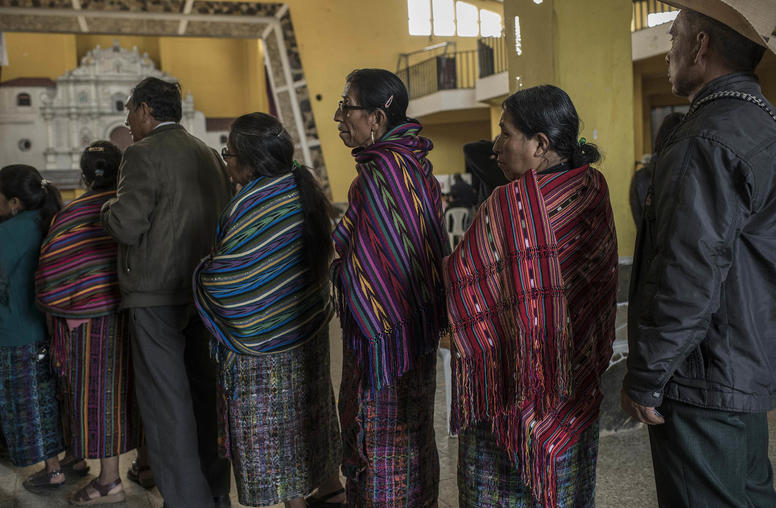
¿Elegirán los votantes o los tribunales al próximo presidente de Guatemala?
Los guatemaltecos acuden a las urnas el 20 de agosto para votar en la segunda vuelta de las elecciones presidenciales. Ambos candidatos provienen de la centroizquierda del país: Sandra Torres, activista veterana, que ya se ha presentado dos veces a las elecciones presidenciales, y Bernardo Arévalo, quien lidera un partido relativamente nuevo y cuya sorprendente victoria lo ha llevado por primera vez a la segunda vuelta.

Will Voters or the Courts Choose Guatemala's Next President?
Guatemalans head to the polls on August 20 to vote in a presidential run-off election. Both candidates come from the country’s center-left: Sandra Torres is a veteran campaigner, who has run for president twice before. Bernardo Arévalo leads a relatively new party whose surprisingly strong showing in the first-round vote propelled him into the runoff for the first time.
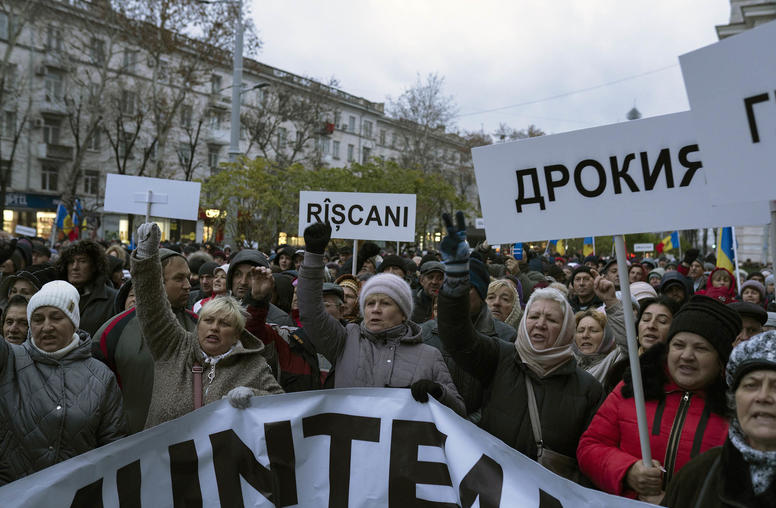
At Ukraine’s Edge, Russia Presses Hybrid War on Tiny Moldova
At a sensitive edge of Russia’s war on Ukraine, Moscow is sustaining a campaign to regain control in Moldova, the small, ex-Soviet republic landlocked between Ukraine and Romania. Russia has maneuvered for years to scuttle Moldovans’ aims to join the European Union, crimping their economy and controlling easternmost Moldova with Russian troops and proxies. A Kremlin-backed party won a Moldovan regional election in May and Moscow will aim to defeat Moldova’s pro-European national government in elections by 2025. The United States and its partners should urgently unify efforts to help Moldovans sustain their independence and stability.
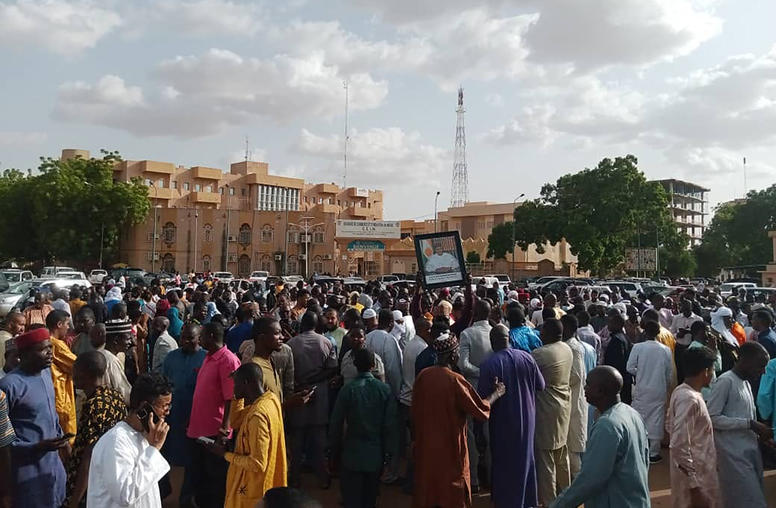
A Coup in Niger: What It Means for Africa, U.S. and Partners
This morning’s coup d’etat in Niger only deepens the pattern of instability across Africa’s Sahel and damages what has been a rare process of fairly steady democracy building in the region. Niger’s democratically elected government has been a valued partner for African and international efforts to stabilize the Sahel against its web of insurgencies, extremist movements and military coups. Kamissa Camara, a former foreign minister of Niger’s neighbor, Mali, now an analyst on the region with USIP, says the coup underlines lessons already evident about how to improve international efforts to build democracy and peace.
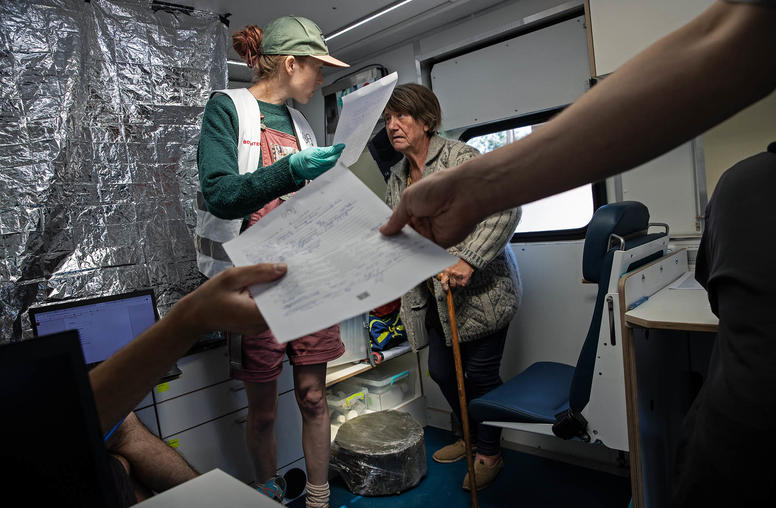
One Vital Change Can Advance Long-Term Peace in Ukraine
While NATO’s recent summit consolidated the transatlantic consensus that a peaceful Europe requires a democratic and inclusive Ukraine, Ukrainians’ heroic struggle for that democracy must overcome old corruptions, plus new traumas inflicted by Vladimir Putin’s war. A pillar of any democracy is civil society — the constellation of citizens’ groups that, more than government, can understand and heal domestic conflicts. So as international partners support Ukraine’s rebuilding from war, we must urgently engage its vibrant civil society — not as a mere adjunct to government efforts, but as a primary designer and engine of the political and cultural changes that peace will require.
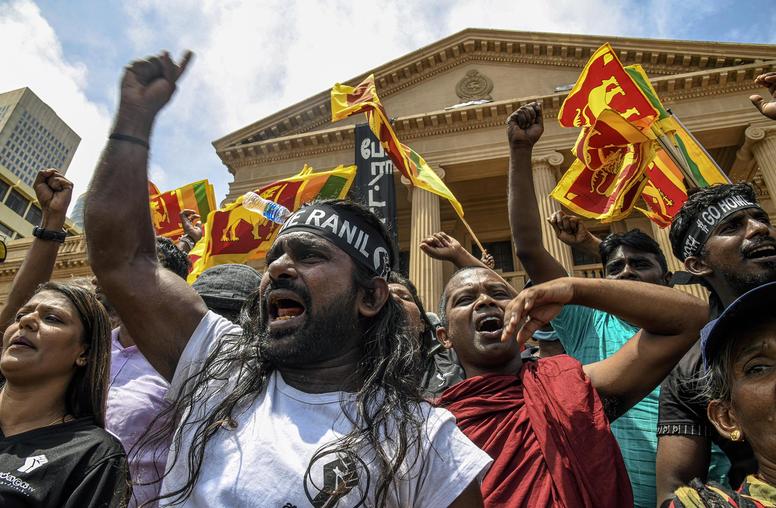
A Year After Mass Protests, Sri Lanka’s Governance Crisis Continues
One year after the Sri Lanka’s massive unrest, known as the Aragalaya protests, the country is still dealing with the aftermath of its most devastating economic crisis since independence, a government without popular support and intensifying geopolitical competition in its neighborhood. The protests, spurred by the economic crisis, led to mass resignations across the government with former President Gotabaya Rajapaksa fleeing the country in July 2022. In the year since, the country has secured an IMF agreement, and its economy has ambled toward a slow path of recovery. However, there have still been concerns on the human rights front as the current government of Ranil Wickremesinghe has clamped down on further protests and continually postponed elections.
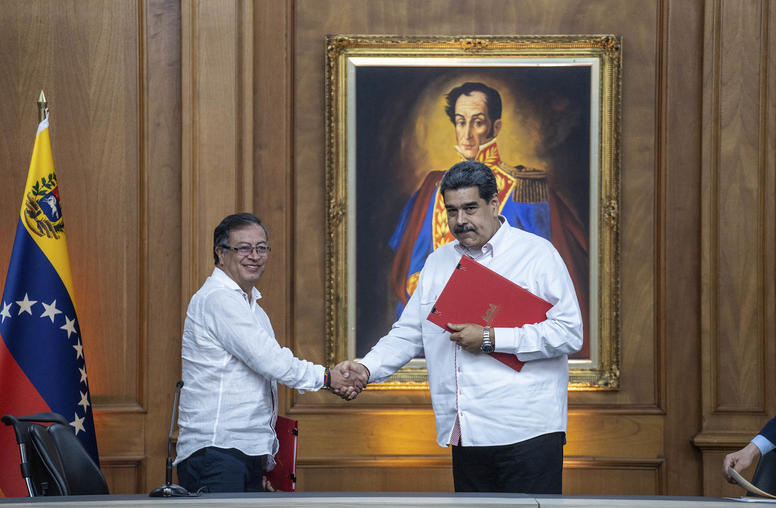
Brazil and Colombia Need to Step Up on Venezuela’s Crisis
Developments in Venezuela over the past few weeks have provided reason for both deep pessimism and guarded hope that the country’s presidential election next year could help resolve its political crisis and advance a democratic transition.
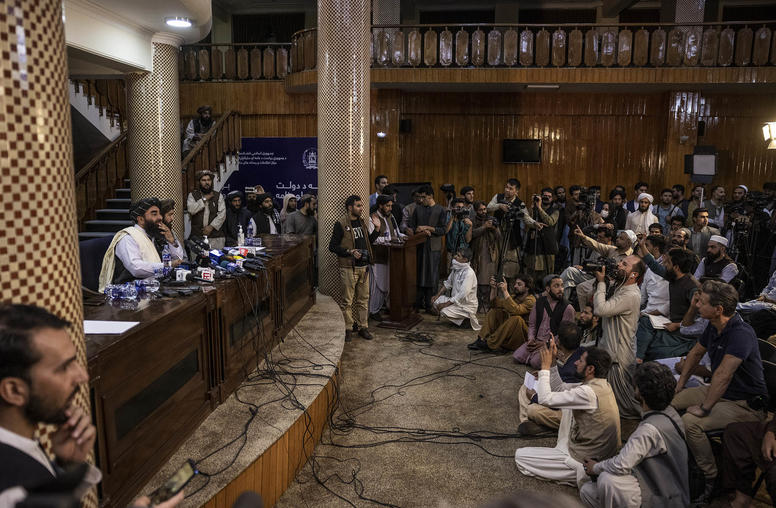
What the Taliban’s Defensive Public Messaging Reveals
In the nearly two years since the Taliban’s takeover, much of the Afghan population continues to struggle to meet basic daily needs amid a severe humanitarian crisis. The Taliban have imposed a raft of draconian restrictions on Afghan women and girls, effectively erasing them from public life. Yet, in a recent public address, the Taliban’s supreme leader, the emir Sheikh Haibatullah Akhundzada, claimed his government has provided Afghan women with a “comfortable and prosperous life.”
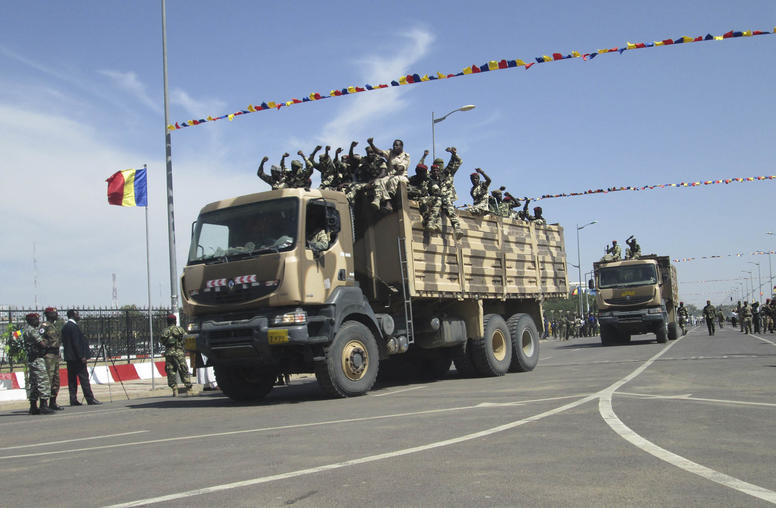
Chad’s Political Transition Might Be Its Last Shot for Democracy and Peace
The state of Chad’s political transition is not reassuring. Despite some signs of progress during the National Inclusive and Sovereign Dialogue (DNIS) last October, security forces engaged in violent crackdowns of protests shortly afterward — killing dozens of civilians. Meanwhile, now-President Mahamat Idriss Déby has moved to consolidate power ahead of elections planned for October 2024, leaving opposition and civic groups worried that Déby may not turn power over to a civilian government.

La transition politique au Tchad pourrait être la dernière chance pour la démocratie et la paix
L'état de la transition politique au Tchad n'est pas rassurant. Malgré quelques signes de progrès lors du Dialogue national inclusif et souverain (DNIS) d'octobre dernier, les forces de sécurité se sont engagées dans une violente répression des manifestations peu après - tuant des dizaines de civils. Entre-temps, l'actuel président Mahamat Idriss Déby a pris des mesures pour consolider le pouvoir avant les élections prévues pour octobre 2024, laissant l'opposition et les groupes de la société civile préoccupés par le fait que Déby pourrait ne pas remettre le pouvoir à un gouvernement civil.